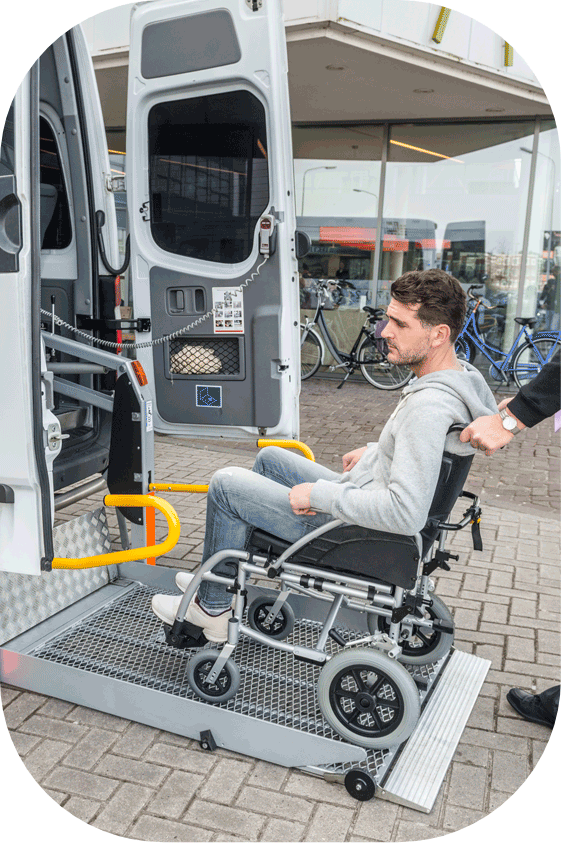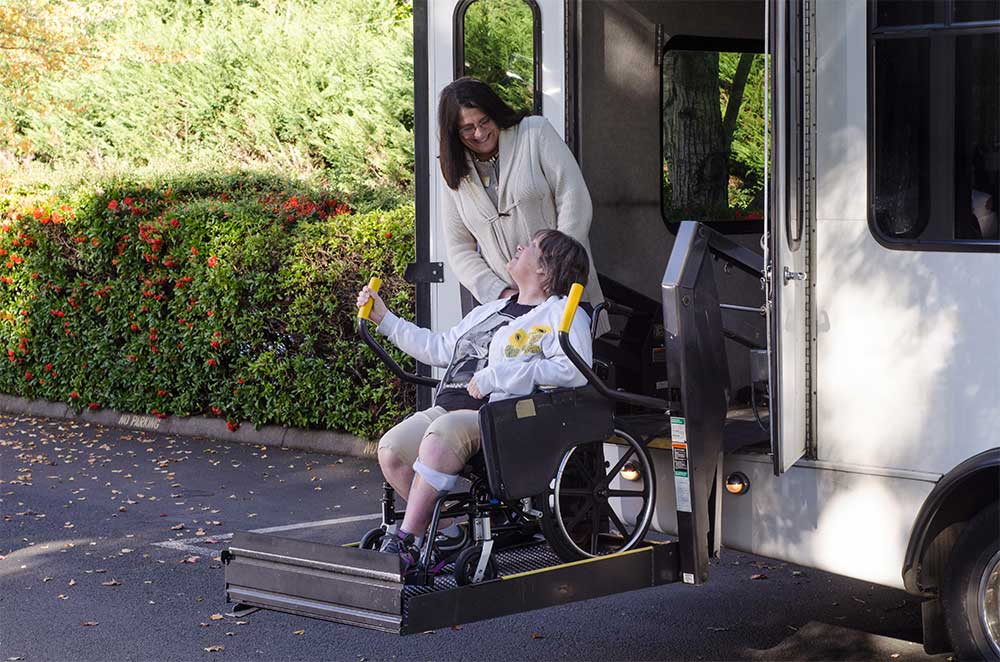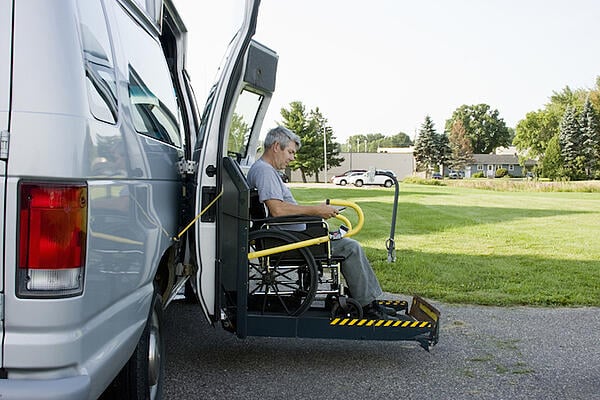Streamlined Medical Transportation: Making Medical Care Accessible for All
Streamlined Medical Transportation: Making Medical Care Accessible for All
Blog Article
Budget Friendly and Accessible Medical Transport Options for Every Circumstance
In the world of health care, the ability to accessibility medical solutions is critical, yet the obstacle of budget friendly and obtainable transportation can often impede individuals from obtaining required treatment. By exploring customized medical transport solutions, area transportation programs, ride-sharing and taxi services, non-emergency clinical transportation, as well as public transit and paratransit options, people can locate avenues that cater to their details needs and ensure they get the treatment they need.
Specialized Medical Transport Services
Specialized clinical transport services play a vital duty in guaranteeing secure and efficient transport for people requiring specialized treatment during transportation. These solutions provide to people with unique medical needs, such as those needing constant surveillance, customized tools, or medical interventions during transportation. By utilizing specifically equipped vehicles and trained clinical workers, specialized medical transportation solutions make sure that clients obtain the essential care while being carried in between medical care facilities, houses, or other places.
One secret facet of specialized medical transportation solutions is the focus on client comfort and safety. Medical transportation teams are educated to take care of numerous medical conditions and emergency situations that may occur throughout transportation, supplying a higher level of care than standard transportation choices. Furthermore, these solutions typically provide door-to-door assistance, reducing the anxiety and pain that patients may experience throughout transfers.
Area Transportation Programs
Having actually attended to the important function of specialized clinical transport services in making certain secure and effective transportation for people with special medical demands, the focus currently moves to analyzing Area Transportation Programs - medical transportation. These programs play a vital duty in supplying budget-friendly and available transport services for the basic population, consisting of seniors, individuals with disabilities, and low-income households that may encounter challenges in accessing standard transport options
Area Transport Programs encompass a variety of solutions such as fixed-route buses, paratransit services, volunteer motorist programs, and ridesharing campaigns. These programs are frequently funded by city governments, charitable organizations, or private business to make certain that people have reputable transport alternatives to get to clinical consultations, supermarket, social tasks, and various other necessary locations.
Ride-Sharing and Taxi Solutions

Among the key benefits of ride-sharing and taxi solutions is their accessibility. These services operate 24/7, enabling individuals to travel More about the author to medical visits, drug stores, or hospitals any time of the day. Additionally, ride-sharing and taxi services satisfy individuals with wheelchair difficulties by using wheelchair-accessible automobiles upon demand.
In addition, ride-sharing and taxi solutions can be particularly advantageous for people staying in areas with restricted public transportation alternatives. By bridging the gap in between home and medical care centers, these services play a critical duty in making certain that every person has accessibility to crucial medical solutions.
Non-Emergency Medical Transportation

Non-Emergency Medical Transport carriers generally utilize skilled workers that are experienced in helping people with varying clinical demands. By offering door-to-door service, Non-Emergency Medical Transport enhances the total accessibility of healthcare for individuals who may or else struggle to attend crucial medical appointments.
Public Transit and Paratransit Options
Public transit find more info and paratransit options provide vital transportation services for people with differing wheelchair needs, guaranteeing accessibility to important destinations such as clinical centers and appointments. Public transit systems, consisting of buses, trains, and subways, give a cost-efficient and commonly available setting of transportation for people seeking to reach clinical appointments. These solutions are particularly helpful for those who might not have access to exclusive lorries or need support due to mobility challenges.
Paratransit solutions cater particularly to individuals with disabilities that are incapable to make use of standard public transport. These solutions offer door-to-door transportation, suiting individuals with wheelchairs, walkers, or various other mobility aids. Paratransit cars are her comment is here furnished with attributes such as wheelchair ramps and securement systems to make sure the secure and comfortable transportation of travelers with differing flexibility requirements.

Final Thought

Report this page